When I am right, I get angry. Churchill gets angry when he is wrong. We are angry at each other much of the time
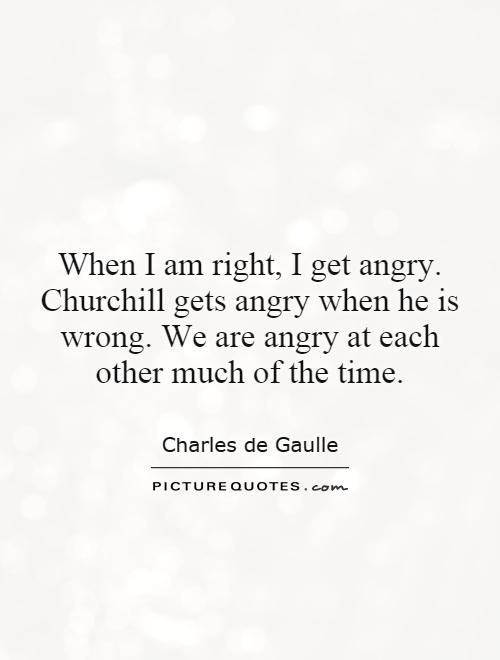
When I am right, I get angry. Churchill gets angry when he is wrong. We are angry at each other much of the time
Charles de Gaulle, the iconic French general and statesman, was known for his strong personality and unwavering convictions. His relationship with Winston Churchill, the British Prime Minister during World War II, was often characterized by tension and disagreement. The quote "When I am right, I get angry. Churchill gets angry when he is wrong. We are angry at each other much of the time" perfectly encapsulates the dynamic between these two influential leaders.De Gaulle was a man of great pride and confidence in his own beliefs. He was not one to back down easily, especially when he believed he was right. This unwavering determination often led to clashes with Churchill, who was equally stubborn in his own convictions. Both men were strong-willed and passionate about their respective countries, which inevitably led to disagreements and heated arguments.
Churchill, on the other hand, was known for his quick temper and fiery personality. He was not one to shy away from a confrontation, especially when he felt his position was being challenged. This often put him at odds with de Gaulle, who was equally as passionate about defending his own beliefs and principles.
The relationship between de Gaulle and Churchill was complex and multifaceted. While they shared a common goal of defeating the Axis powers during World War II, their differing personalities and leadership styles often clashed. De Gaulle's strong sense of national pride and determination to restore France's status as a major world power sometimes put him at odds with Churchill's more pragmatic and diplomatic approach.
Despite their differences, de Gaulle and Churchill ultimately respected each other as leaders and allies. They both recognized the importance of working together to achieve their common goals, even if it meant butting heads from time to time. In the end, their shared commitment to defeating the Nazis and preserving freedom and democracy in Europe prevailed over their personal disagreements.
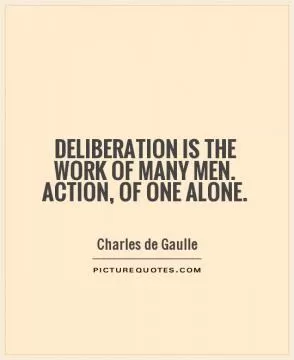
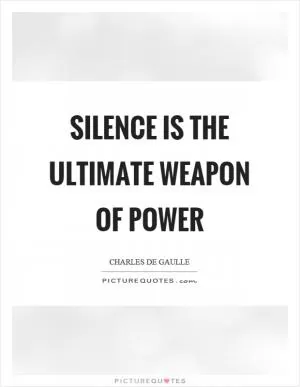
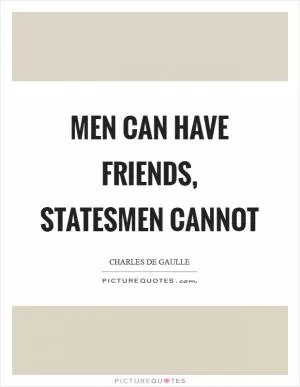
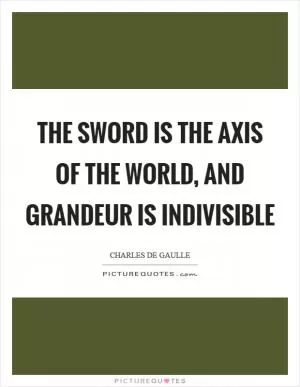
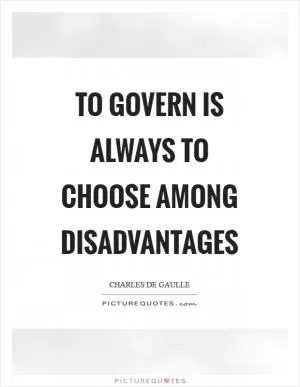
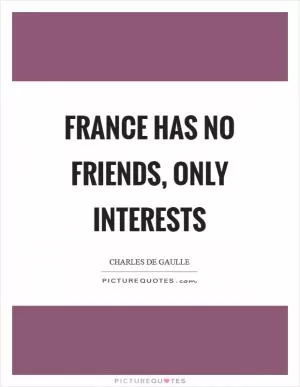
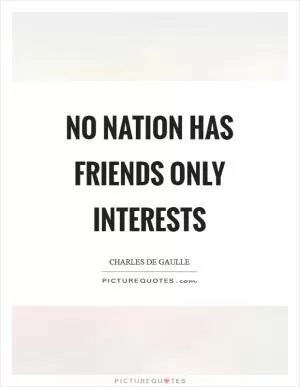
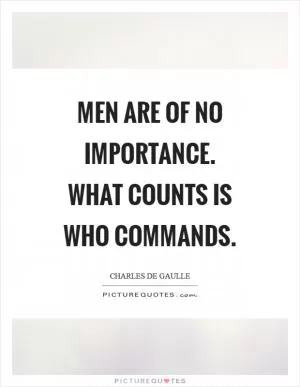
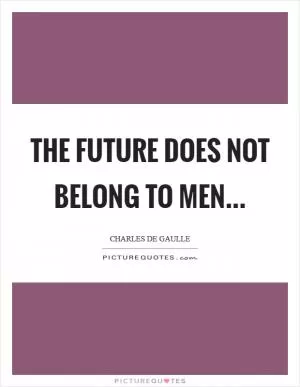

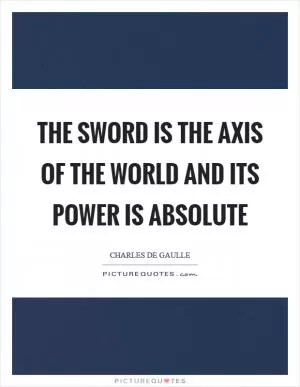
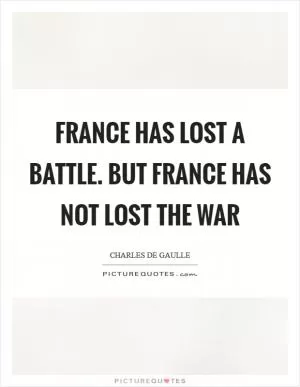
 Friendship Quotes
Friendship Quotes Love Quotes
Love Quotes Life Quotes
Life Quotes Funny Quotes
Funny Quotes Motivational Quotes
Motivational Quotes Inspirational Quotes
Inspirational Quotes